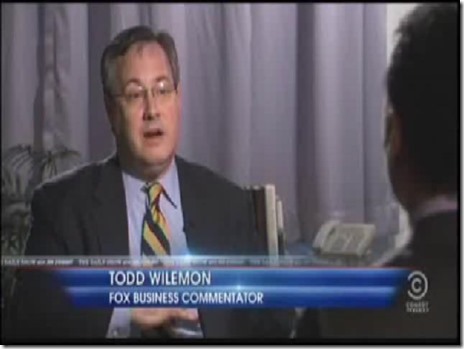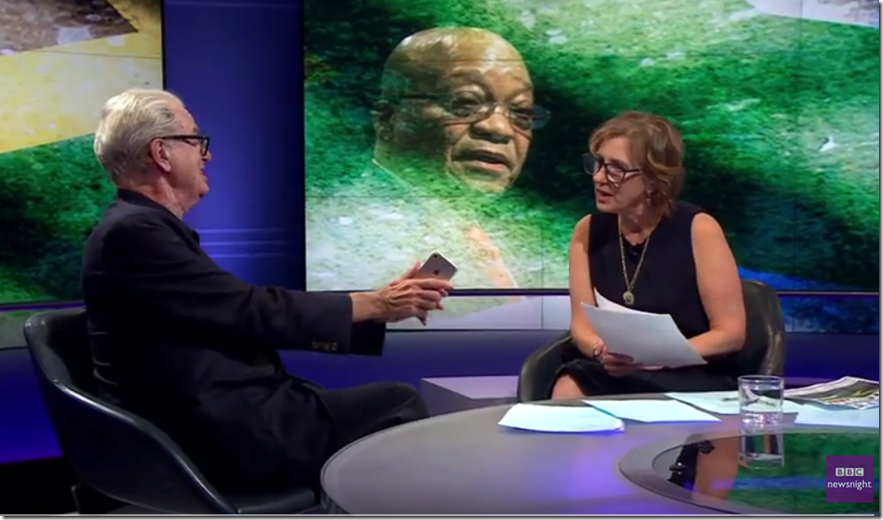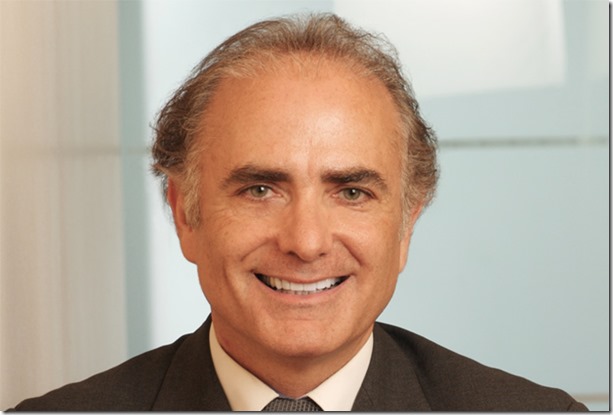Pausing Is Great Most Of The Time. Not This Time.
I recently wrote about an intern I hired several years ago simply because he had the confidence to pause at the exact right moment during a job interview.
Pausing also offers tremendous benefits to media spokespersons during non-controversial taped interviews: they allow spokespersons to collect their thoughts, deliver a confident answer, steer clear of verbal filler, and avoid drifting off message.
But there’s one time when pausing can—and often will—be used against you. (Video no longer available.)
In The Media Training Bible, I wrote that spokespersons should avoid long pauses “during hostile interviews, when journalists may use your lengthy silences as an indication of your guilt.” A segment on last Thursday’s The Daily Show with Jon Stewart offered a perfect case in point.
Correspondent Aasif Mandvi conducted an interview with Todd Wilemon, a Fox Business commentator and NYSE Euronext Managing Director, about Obamacare.
When Mandvi asked Wilemon about America’s poor, who he said already receive insufficient healthcare, Wilemon went into a 16-second spiral of silence and stumbling that evoked memories of Rick Perry’s painful stumble.
But that stumble was only the prelude to this jaw-dropping sound bite: “If you’re poor, stop being poor.”
In Wilemon’s case, the pauses didn’t indicate guilt, but rather an utter inability to defend his own position. The pauses made him look uninformed and thoughtless—even unintelligent—and undermined his views. He made several strategic errors:
First, he agreed to the interview in the first place. He should have known that his views would be unpopular with The Daily Show’s politics.
Second, if he was going to do the interview, he should have prepared answers to those obvious attacks on his position. No, he couldn’t have anticipated exactly where Mandvi was going to take the interview, but he should have had some data ready to support his position.
Third, he should have remembered that unpopular views go down better with some sugar. Instead, his tone reeked of “out-of-touch rich guy” instead of “thoughtful man whose views can lead to a more effective solution.”
Whether it’s used the right way or the wrong way, one thing is clear: the pause is a powerful tool. Just make sure you deploy it at the right moments, when you can benefit from its rewards.
Avoid committing your own media disaster! Read The Media Training Bible: 101 Things You Absolutely, Positively Need to Know Before Your Next Interview, available in paperback, for the Kindle, and the iPad.




Hi Brad,
I’m not sure, but I suspect these Daily Show interviews aren’t really set up in a straightforward manner. People seem to not be expecting this kind of thing (that’s how they can make it funny).
I’m only speaking from what I see in the final product, but it seems they approach people in a serious fashion, without really warning them they will be trounced by Jon Stewart…
Still, this guy should have something to say when he notices he falls into a trap. What could he say? “Wow, you really left me without an answer there, let me rethink my ideas…”
Hi Pedro,
Thank you for your comment. You raise a terrific point. A few years ago, I asked readers whether they had any experiences with how Jon Stewart and Stephen Colbert went about their guest booking. Take a look at the comments section of this post: one reader said they were approached by The Daily Show without any trickery involved: https://www.throughlinegroup.com/2011/12/12/are-jon-stewart-stephen-colbert-honest-with-guests/.
Thanks for reading!
Brad